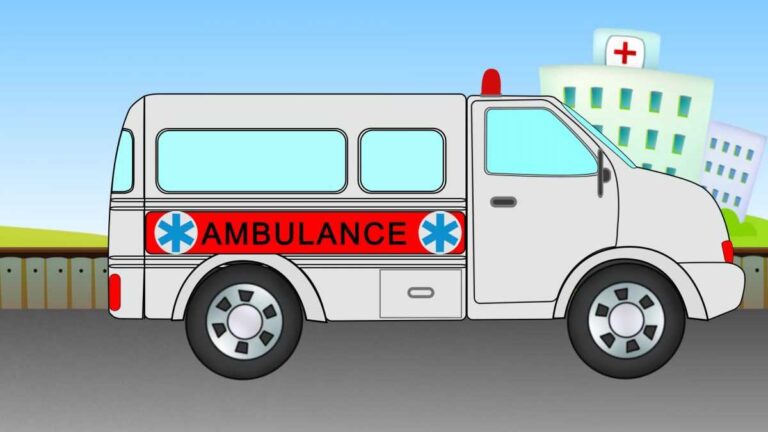
Kathmandu Metropolitan City (KMC) has decided to provide free ambulances to transport patients of COVID-19 and other diseases to and from hospitals.
At a special meeting held by the city to discuss ways to control COVID-19 in Kathmandu, Mayor Bidhya Sundar Shakya informed that the infected people could dial number 102 to avail ambulance services and that another 10 ambulances would be managed in various areas for people with other medical conditions.
“KMC will manage the hotline and maintain direct contact with the ambulance drivers. The service is expected to help those who have to frequent hospitals, like kidney patients who need regular dialysis, and those with health emergencies,” Shakya said. “Such service was also provided during the last year’s lockdown.”
Acknowledging the pre-existing system wouldn’t provide safe passes to vehicles carrying patients, Mayor Shakya said that it could create administrative hassles which in turn would prevent people from reaching hospitals in time. “So, the metro has decided to provide ambulances at its own cost,” he said, adding, “For this, KMC is set to sign an agreement with the ambulance operators.”
Reviewing the relief and free meal distribution programmes the metropolis ran last year, KMC concluded that such programmes were not necessary at present but decided to discuss it in the next meeting. To address people’s problems, KMC will also manage a 24-hour toll free number 1180. Furthermore, teachers will be mobilised to spread awareness at the community level, disinfect risky areas and support the establishment of isolation centres with oxygen facility.
The meeting also decided to provide Rs. 100,000 to large wards, Rs. 75,000 to moderately sized wards and Rs. 50,000 to small wards for management works and to purchase medicines for the infected families.
Sharing the problems of their respective wards, ward chairs stated that COVID-19 patients and their families often hid their infection status and did not wish to be exposed. “When asked, they say that they were infected earlier but are now healthy. In such a situation, it is difficult to collect the true data,” they said.
Ward chairs recommended mobilising the ward-level disaster management committees, focusing on recording the data of COVID-19 patients and running a door-to-door campaign through the enumerators during the census to spread information.
Source : THE RISING NEPAL,





